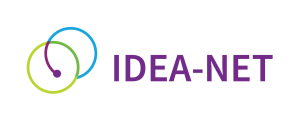Babes-Bolyai University – Cluj-Napoca, Romania
The OSD has been actively engaged in various activities to promote equal access, inclusion, and diversity for students with disabilities. These activities include:
- Support and counselling for students and university staff,
- Lectures, workshops, seminars for students, faculty and non-teaching staff,
- Training courses for peer educators,
- Public promotion (e.g. production of media content such as podcasts),
- Improving physical accessibility,
- Improving digital accessibility
The accessibility of materials, events promoting inclusion and disability, volunteer recruitment have had the greatest impact on students’ inclusion.
In addition to activities to support inclusion, the program implements binding policy (legislation), strategy/action plan and recommendations/guidelines to counter exclusionary and discriminatory practices at the university.
The program also implements innovative practices/tools, being the first university in Romania to introduce in its university charter that people with disabilities need to receive educational support from the university.
IDEA-net: Expanding the network of Inclusion, Diversity, Equity and Access (IDEA) practitioners in higher education through institutional capacity building
Project ref: 2022-1-NL01-KA220-HED-000089789

This project has been funded with support from the European Commission. This website reflects the views only of the authors, and the Commission cannot be held responsible for any use which may be made of the information contained therein.

